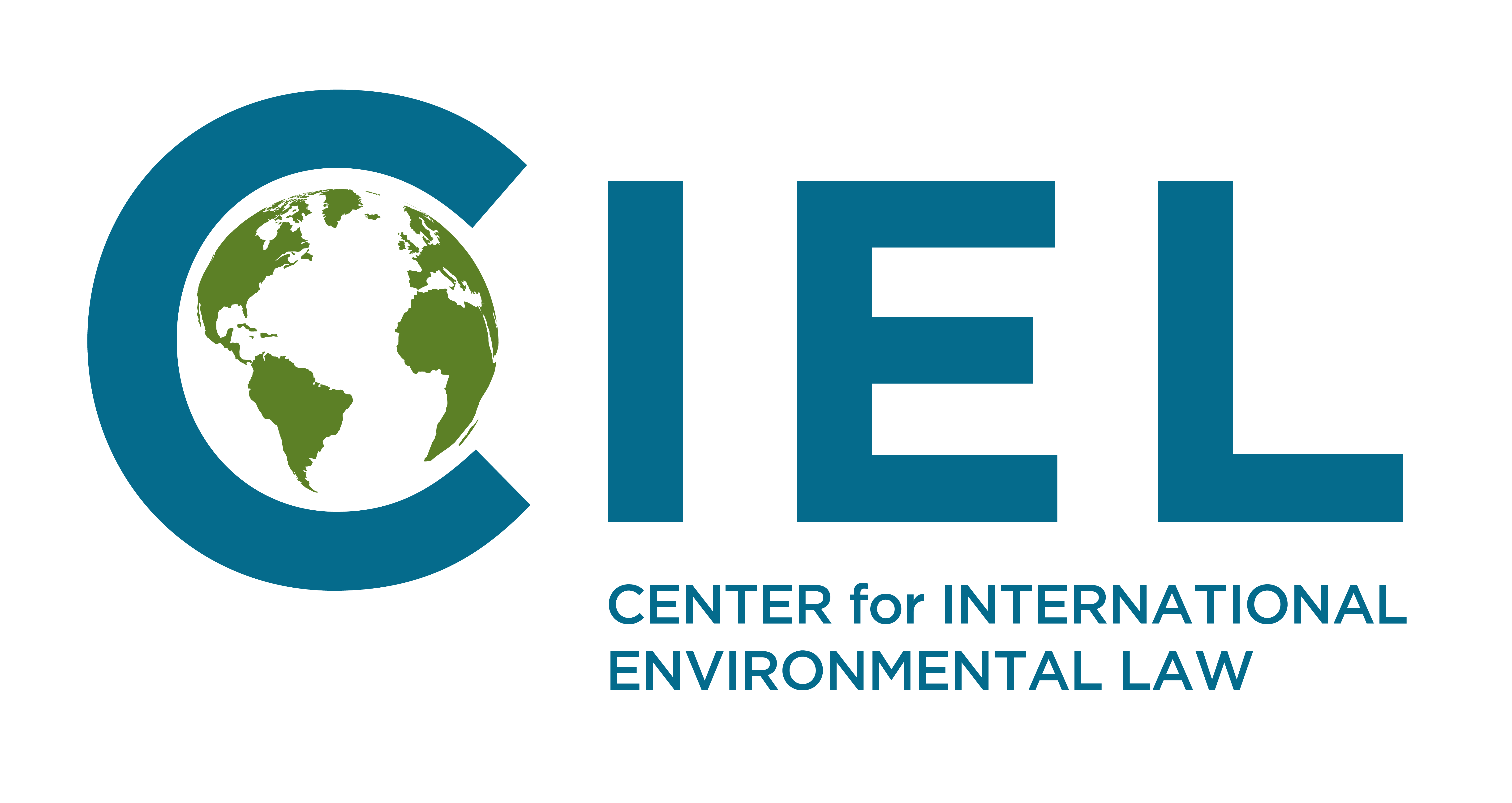EU’s move to ban microplastics under attack from chemicals industry
Despite the breadth of the environmental disaster caused by microplastics, the chemical industry is lobbying to water the EU restriction down
Brussels, 3 June 2019 – The recent European move to reduce microplastics is facing attack by the chemicals industry.
The Rethink Plastic alliance supports the European Chemical Agency (ECHA)’s proposal to restrict microplastics intentionally added to cosmetics, paints, detergents, medical devices and other products. As expert committees are meeting tomorrow to discuss the draft restriction, RPa members will be following these discussions closely, and contributing with the help of a scientific expert at the meeting.
According to ECHA, every year, 10,000 to 60,000 tonnes of intentionally added microplastics leak into the environment, where they accumulate and persist for thousands of years, posing a threat to a wide range of organisms including invertebrates, fish, marine reptiles, birds and cetaceans.
Despite the breadth of the environmental disaster caused by microplastics, the biggest chemical industry lobby in Brussels, CEFIC, has deemed this proposal as “too broad”, claiming ECHA had exceeded its competence in drafting it.
On behalf of Rethink Plastic, ClientEarth’s lawyer Lara Fornabaio said: “ECHA concluded, on the basis of a thorough scientific assessment, that the risks derived from the release of microplastics into the environment are not adequately controlled and this justifies a restriction under REACH.”
Taking part in a public consultation – which will continue till September – NGOs have submitted their comments, supporting the scope of the proposal, while suggesting ways to improve the effectiveness of the restriction. NGOs have presented further evidence on the adverse effects of microplastic occurrence in the environment, and have warned that this proposal is granting unnecessary delays for most industrial sectors.
Fornabaio added: “This restriction proposal is a significant step forward to address plastic pollution and it should be broadly supported. We call on companies, which have chosen to invest in alternatives to microplastics, to participate to the public consultation, providing evidence that the shift towards safer alternatives is already possible.
We also call on other organisations to submit their comments. Together, we must create a strong front against every attempt to undermine this proposal.”
Once the opinion of the scientific committees of ECHA is adopted early 2020, the file will go back to the Commission, who will have to propose the final text of the restriction to EU governments before the restriction can finally become the law.
***
PRESS CONTACTS:
Lara Fornabaio, Chemicals, Law and Policy Advisor, ClientEarth
+32 28 08 3471 | [email protected]
Roberta Arbinolo, Communications Coordinator, Rethink Plastic alliance
+32 2 736 20 91 | [email protected]
-
Press Release 09.04.2025 | For immediate release | Brussels, Belgium
-
Member States must step up efforts to ensure the EU meets its packaging waste goals, says the NGO group Rethink Plastic alliance. A new report…




